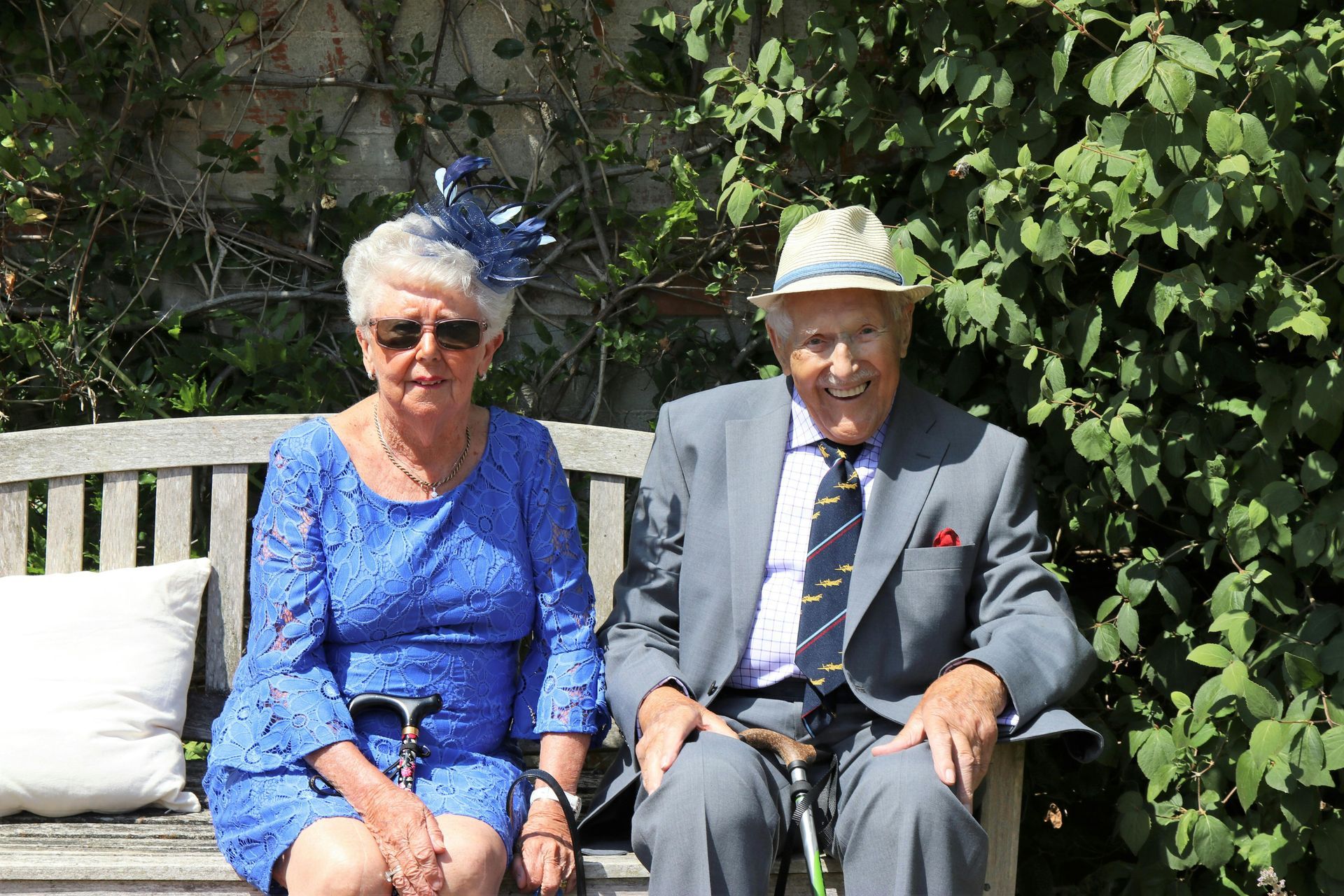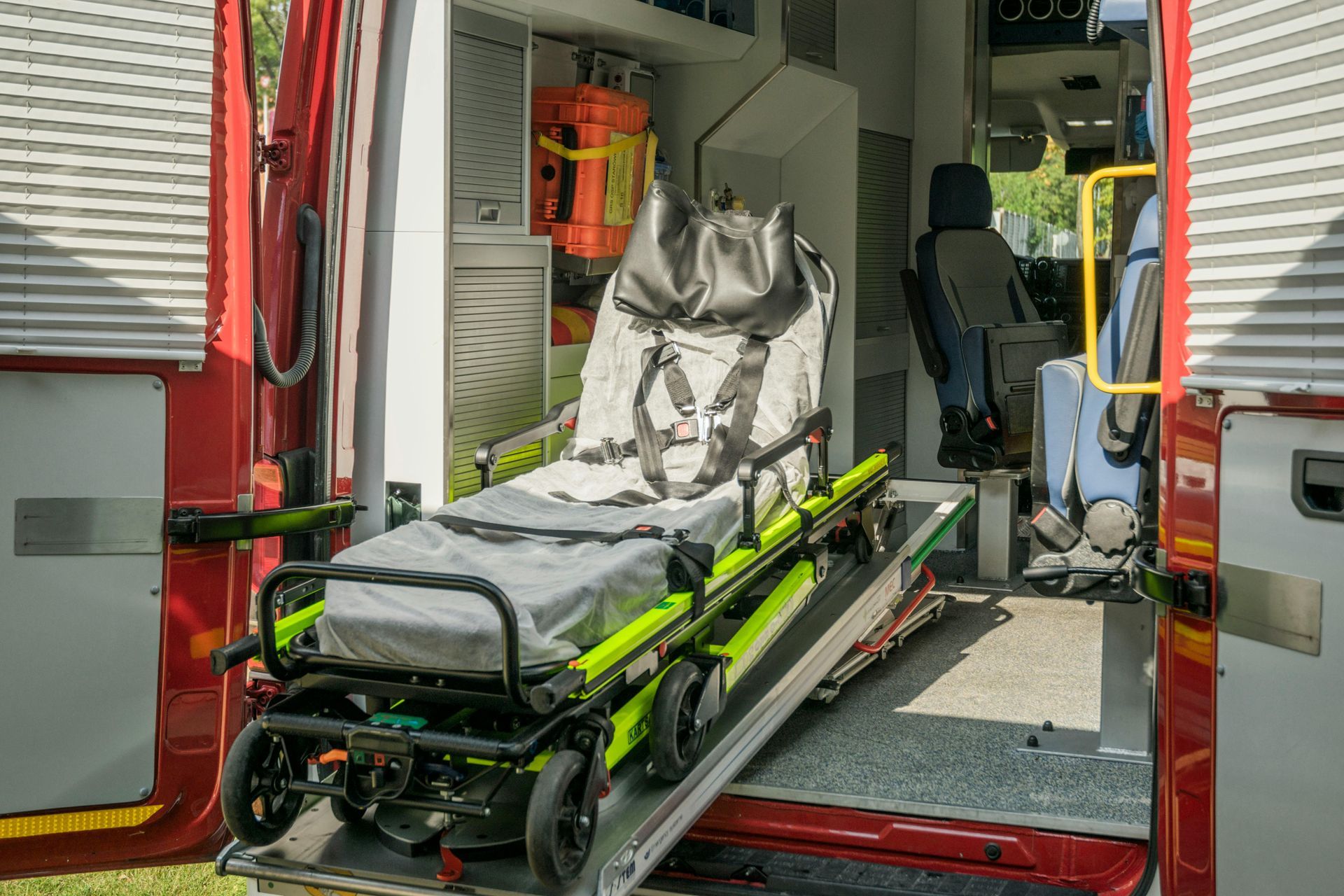Is transporting long-distance elderly transportation as worrisome as it sounds?
Transporting elderly individuals over long distances can often be a concern for families and caregivers. There are various factors to consider, such as comfort, safety, and the overall well-being of the elderly person. However, with careful planning, understanding, and the assistance of professionals, this process can be made much more manageable and stress-free.

Transporting Long-Distance Elderly Transportation is Not as Worrisome as it Sounds
The transportation of elderly individuals over extended distances frequently raises concerns for both families and caregivers. Several crucial factors come into play, including the need for comfort, ensuring safety, and prioritizing the overall well-being of the elderly person. Nevertheless, by implementing meticulous planning, fostering understanding, and enlisting the support of experienced professionals, the entire process can be significantly eased, leading to a more manageable and stress-free journey for the elderly individual.
The Importance of Proper Planning
When it comes to transporting elderly individuals, proper planning is the key to a successful journey. Whether it's a short trip or a cross-country move, taking the time to plan ahead ensures that all necessary arrangements are made, and potential issues are addressed in advance.
1. Assess the Specific Needs of the Elderly Person
Before embarking on any long-distance journey, it's crucial to thoroughly assess the specific needs of the elderly person. This includes considering their physical and cognitive abilities, any medical conditions they may have, and their overall comfort requirements. By understanding their unique needs, you can tailor the transportation arrangements accordingly.
It's important to consider factors such as:
- Mobility: Determine whether the elderly person can walk independently or if they require mobility aids such as a wheelchair or walker.
- Medical Conditions: Take into account any existing medical conditions, such as diabetes, heart disease, or respiratory issues, and ensure that appropriate accommodations are made.
- Comfort: Consider any preferences the elderly person may have in terms of seating, temperature, or noise levels during the journey.
2. Choose the Appropriate Mode of Transportation
There are various modes of transportation available for long-distance travel, each with its own advantages and considerations. Consider factors such as the distance, the individual's comfort, and any medical equipment or mobility aids they may require during the journey.
- Air Travel: If the distance is significant and time is a constraint, air travel can be a suitable option. It offers convenience and speed, but it's essential to ensure that the elderly person is fit to fly and make the necessary arrangements for any mobility aids or medical equipment they may require during the flight. Additionally, check for airlines that provide special assistance for elderly passengers.
- Train or Bus Travel: For shorter distances or individuals who prefer a more relaxed journey, train or bus travel can be a viable alternative. This allows for more freedom of movement and the opportunity to enjoy the scenery along the way. It's important to ensure that the chosen mode of transportation is accessible and comfortable for the elderly person. Look for trains or buses that offer accessible seating and facilities.
- Private Car or Van: If the elderly person's condition permits, private car or van travel can offer the most flexibility and personalization. It allows for frequent stops, the use of personal belongings, and the ability to accommodate any necessary medical equipment or mobility aids. Consider renting a vehicle that is spacious and comfortable, ensuring enough room for the elderly person and their belongings.
3. Coordinate with Medical Professionals
If the elderly person has specific medical needs or requires assistance during the journey, it's essential to coordinate with their healthcare providers. This ensures that any necessary medical equipment, medications, or additional support are arranged for the trip. Consulting with medical professionals can also provide guidance on managing any potential health concerns or emergencies that may arise during the journey.
It's important to:
- Inform Healthcare Providers: Share the travel plans with the elderly person's doctors, nurses, or therapists, and seek their advice on managing any medical needs during the journey.
- Arrange Medications: Ensure an ample supply of medications for the duration of the trip and make arrangements to have them easily accessible during travel.
- Obtain Medical Clearances: If the elderly person has recently undergone surgery or has a medical condition that may require special attention, obtain medical clearances or documentation stating that they are fit to travel.
Ensuring Comfort and Safety during the Journey
Once the transportation arrangements are in place, it's crucial to prioritize the comfort and safety of the elderly person throughout the journey.
Here are some key considerations to keep in mind:
1. Accompanying the Elderly Person
Having a trusted family member or caregiver accompany the elderly person during the journey can provide them with comfort and reassurance. This person can assist with tasks such as carrying luggage, navigating transportation terminals, and providing emotional support throughout the trip.
It's important to:
- Share Responsibilities: Divide tasks between the accompanying family member or caregiver to ensure a smooth journey. One person can focus on logistics, while the other can provide direct care and support to the elderly person.
- Offer Companionship: Loneliness or anxiety can be common during long journeys, so ensure that the accompanying person engages in conversation, plays their favorite music, or brings activities to keep the elderly person engaged and entertained.
2. Accessibility and Comfort
Regardless of the chosen mode of transportation, ensuring accessibility and comfort is essential for the elderly person. This includes:
- Providing adequate legroom and seating arrangements that accommodate any mobility aids or medical equipment. Look for options that offer extra legroom or reclining seats.
- Ensuring access to restroom facilities and breaks for stretching and movement. Plan for regular stops at rest areas, gas stations, or transportation terminals to allow the elderly person to use the restroom and stretch their legs.
- Carrying necessary supplies, such as medications, extra clothing, and personal hygiene products. Pack a travel bag with essential items to ensure the elderly person's comfort and well-being throughout the journey.
3. Communication and Emergency Preparedness
Maintaining effective communication is crucial, especially during long-distance journeys. Make sure the elderly person has a fully charged cell phone or other communication devices to stay in touch with their loved ones or emergency services if needed. It's also advisable to carry a list of important contacts, including the person's healthcare providers and emergency contacts.
To ensure communication and emergency preparedness:
- Activate International Roaming: If traveling internationally, ensure that the elderly person's cell phone plan includes international roaming to avoid any disruption in communication.
- Carry Backup Chargers: Pack portable chargers or extra batteries to keep communication devices powered throughout the journey.
- Share Itinerary and Contacts: Provide a copy of the travel itinerary and important contacts to the accompanying family member or caregiver and a trusted contact back home.
4. Regular Breaks and Hydration
Long journeys can be physically demanding for anyone, and it is especially important to prioritize the well-being of the elderly person. Plan regular breaks to allow for stretching, walking, and hydration. Staying hydrated is essential to prevent any health complications during travel, so ensure that water or other suitable beverages are readily available.
To ensure regular breaks and hydration:
- Map Out Rest Stops: Identify rest areas or locations along the route where the elderly person can take breaks, stretch, and use restroom facilities.
- Encourage Hydration: Remind the elderly person to drink water regularly throughout the journey. Consider carrying a refillable water bottle to ensure access to water at all times.
Utilizing Professional Services for a Hassle-Free Experience
While it is possible to manage the transportation of elderly individuals independently, enlisting the help of professional services can provide additional support and peace of mind. These services specialize in assisting with the logistics and care required during long-distance travel for elderly individuals.
1. Medical Transport Services
Medical transport services cater specifically to the transportation needs of elderly or medically fragile individuals. They have trained professionals who can ensure the safety, comfort, and medical well-being of the elderly person throughout the journey. These services often provide medical equipment, skilled personnel, and customized care plans to meet the individual's unique needs.
Benefits of medical transport services include:
- Expertise in Elderly Care: Medical transport services have professionals trained in elderly care, ensuring that the elderly person's specific needs are met during the journey.
- Specialized Medical Equipment: These services provide medical equipment such as oxygen tanks, mobility aids, or specialized vehicles to accommodate the elderly person's requirements.
- Personalized Care Plans: Medical transport services create customized care plans based on the individual's medical conditions, ensuring that they receive the necessary support and attention throughout the journey.
2. Travel Companion Services
Travel companion services offer trained companions who accompany elderly individuals during their journey. These companions provide emotional support, assistance with mobility, and help with any personal care needs. They can also help navigate transportation terminals, coordinate with healthcare providers, and ensure a smooth travel experience.
Benefits of travel companion services include:
- Emotional Support: Having a travel companion can alleviate anxiety and provide emotional support to the elderly person throughout the journey.
- Assistance with Mobility: Travel companions can help the elderly person navigate transportation terminals, board and disembark from vehicles, and provide physical assistance during the journey.
- Coordination with Healthcare Providers: Travel companions can communicate with healthcare providers and ensure that any necessary medical assistance or accommodations are arranged during the trip.
Conclusion
Transporting elderly individuals over long distances does not have to be a worrisome experience. By carefully planning, considering their unique needs, and utilizing professional services when necessary, you can ensure a safe, comfortable, and stress-free journey. Prioritizing their comfort, safety, and well-being throughout the process is crucial to provide them with a positive travel experience.
FAQ
Here are some frequently asked questions about transporting elderly individuals over long distances:
1. What factors should I consider when assessing the specific needs of the elderly person?
When assessing the specific needs of the elderly person, it's important to consider factors such as their mobility, medical conditions, and comfort preferences. This includes determining whether they can walk independently or require mobility aids, taking into account any existing medical conditions, and considering their preferences for seating, temperature, and noise levels during the journey.
2. What are the different modes of transportation available for long-distance travel with elderly individuals?
There are several modes of transportation available for long-distance travel with elderly individuals. These include air travel, train or bus travel, and private car or van travel. Each mode has its own advantages and considerations, so it's important to choose the one that best suits the distance, the individual's comfort, and any medical equipment or mobility aids they may require.
3. How can I ensure the comfort and safety of the elderly person during the journey?
To ensure the comfort and safety of the elderly person during the journey, it's important to accompany them with a trusted family member or caregiver who can provide support and assistance. Additionally, prioritize accessibility and comfort by providing adequate legroom and seating arrangements, ensuring access to restroom facilities and breaks for stretching, and carrying necessary supplies such as medications and personal hygiene products. Effective communication and emergency preparedness are also crucial, so make sure the elderly person has a fully charged cell phone and a list of important contacts.
4. What are the benefits of utilizing professional services for transporting elderly individuals?
Utilizing professional services such as medical transport services or travel companion services can provide additional support and peace of mind. Medical transport services have trained professionals who specialize in elderly care and can ensure the safety, comfort, and medical well-being of the elderly person during the journey. Travel companion services offer trained companions who provide emotional support, assistance with mobility, and help with personal care needs. These services can help alleviate anxiety, coordinate with healthcare providers, and ensure a smooth travel experience.






